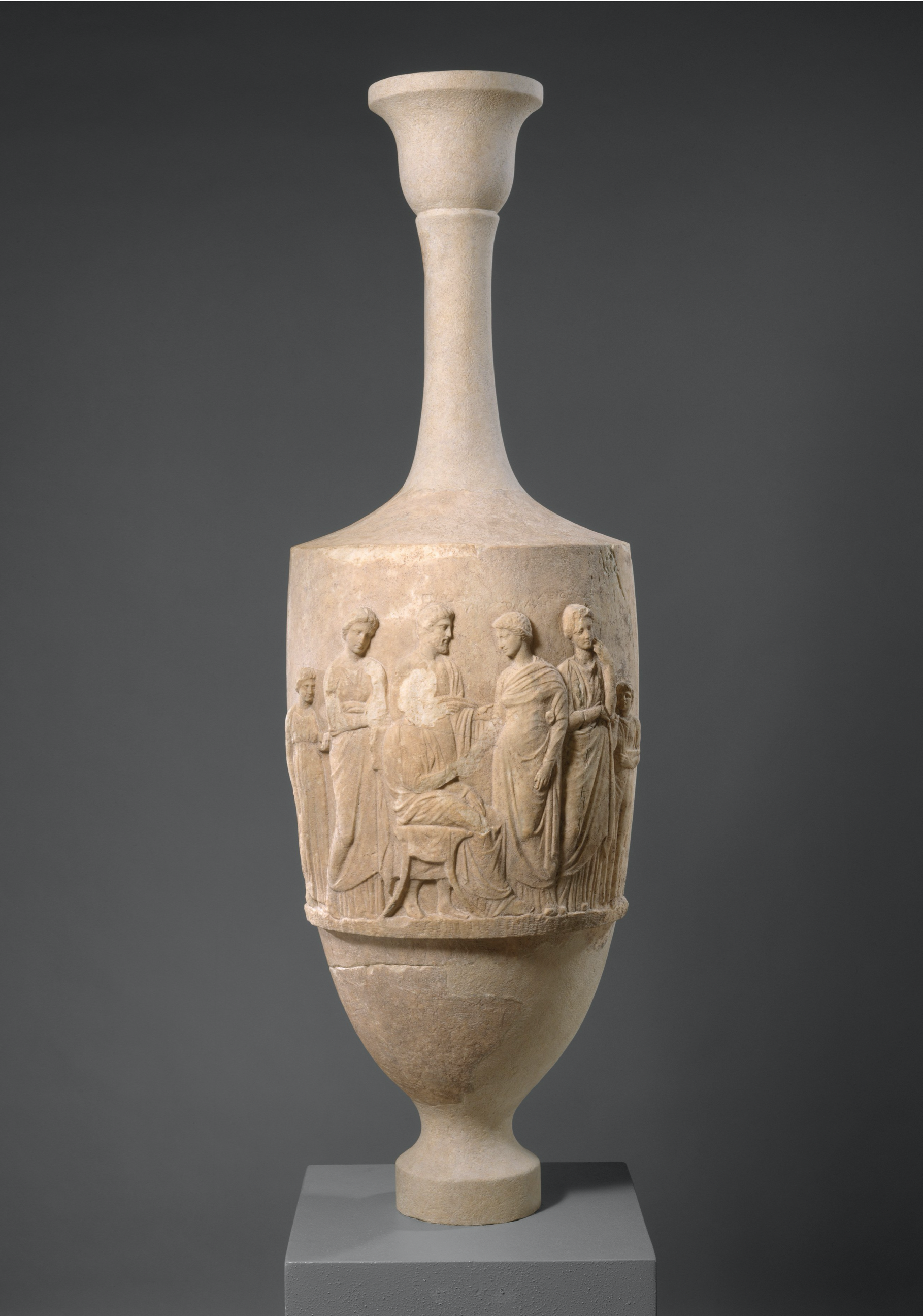Navigation auf uzh.ch
Navigation auf uzh.ch

| Title |
The Idea of Contract in the Greek Legal Tradition (Griechisches Vertragsrecht)
|
|---|---|
| Description |
In the Wealth of Nations, Adam Smith states: “Commerce and manufactures can seldom flourish long in any state which does not enjoy a regular administration of justice, in which the people do not feel themselves secure in the possession of their property, in which the faith of contracts is not supported by law, and in which the authority of the state is not supposed to be regularly employed in enforcing the payment of debts from all those who are able to pay. Commerce and manufactures, in short, can seldom flourish in any state in which there is not a certain degree of confidence in the justice of government.” Smith and other thinkers have stressed the importance of contracts and the enforcement of contracts for the development of market relations. In modern legal systems, a contract is a formal promise in which one party states that he will perform certain actions for another or each of two parties states that s/he will perform certain actions for the other party. In a contract, the party that fails to perform the promised actions can be sued by the other party. Contractual liability is thus kept distinct from delictual liability.
Some scholars have however claimed that in the Classical and Hellenistic periods the courts did not have the same conception of a contract. According to Hans Julius Wolff, an obligation arose when one party gave an object to another party for a certain purpose (Zweckverfügung) and the purpose was frustrated by the receiving party (for instance, through misuse of the object), not simply when one party made a formal promise to another. Contracts in ancient Greece were “real” contracts (always involving the transfer of a physical object as in Roman real contracts of depositum, commodatum, and pignus). This issue is very important now because scholars have recently started to change their views of the economy of ancient Greece and the role of market relations. The seminar will examine the language used to express contracts (transfer of an object or a promise to perform an action), the way in which liability arose (misuse of an object or failure to perform an action), and the ways an obligation could be terminated (return of the object or a promise not bring an action). We will examine several contracts found in inscriptions, in speeches delivered to the Athenian courts, and in papyri to discover how the Greeks understood contracts, obligations arising from contracts, and the nature of liability (symbolaion) from breach of contract.
Topics proposed for the participants:
Some of the topics will be available for more than one participant. Further topics may be added upon discussion.
A meeting for the presentation of the Seminar will be held on February 22nd, 10 AM (Room: RAI E 125). The actual Seminar will be a two-day meeting with Prof. Edward M. Harris (Durham and Edinburgh, on May 4th-5th. The participants will receive intensive help with sources and literature for the preparation of their papers. Assessment will be made on the basis of their presentation and on the written version of their papers.
|
| Date |
Thursday-Friday, 4th-5th of May 2017 (08:00-18:00) (HIM-E-04 / RAA-E-12) |
| Module | see |
| Participation | to subscribe please contact direcly the chair via E-Mail: lst.alonso@rwi.uzh.ch |